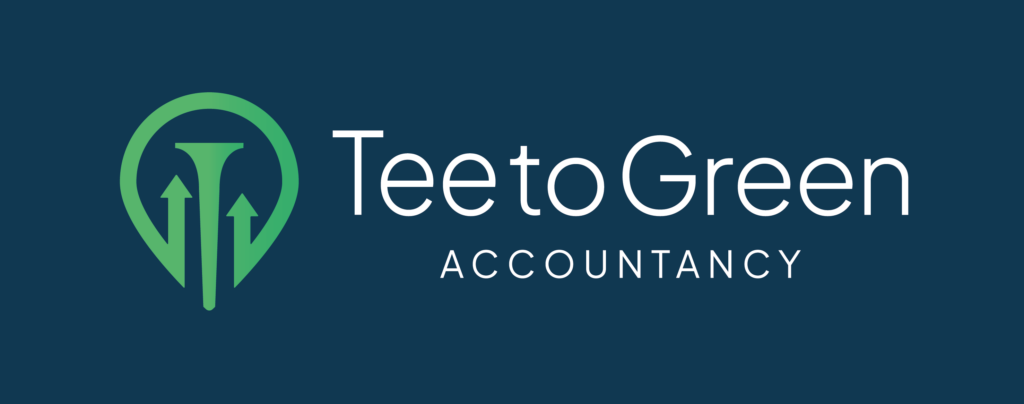The GCMA and Tee to Green Finance have put together some guidance and key resources for CASC-registered golf clubs.
There are currently over 450 golf clubs in the UK registered as Community Amateur Sports Clubs (CASC).
Any club registered as a CASC receives tax relief on income and profits, as well as mandatory business rates relief.
In accordance with HMRC legislation, there are limitations to revenue levels that a CASC-registered club may earn, including a maximum of £1,612 on any individual membership subscription, and no more than £100,000 on visitor income.
In recent years, increasing inflation levels have put pressure on many CASC-registered golf clubs as the gap between revenue and costs continues to close.
Revenue limits have not been increased since 2019. As a result, many CASC-registered clubs are now looking at options to enable higher increases to revenue levels and membership subscriptions that may exceed CASC limitations and therefore the club’s ability to continue operating as a CASC-registered facility.

With support from our business partners at Tee to Green Finance, we have put some together some guidance and resources to help navigate through this matter.
If a club is looking to move away from CASC due to limits on revenue, what are the best options for them?
HMRC will not allow a club to simply withdraw their CASC status as it’s intended to be permanent. There are two main scenarios in which a club is no longer part of the CASC scheme:
- The club is wound up or closed.
- The club no longer meets to conditions to be eligible to be a CASC, in which case HMRC would deregister you. As a result of HMRC deregistering the club, significant tax charges could arise and be backdated to the date the club became non-compliant (mainly corporation tax).
Are there any other steps a club could take to remain within CASC boundaries?
A lot of clubs we see who are registered as a CASC also have a separate limited company in which they operate the food and beverage function and also the visitor green fee income.
The limited company should be set up as a subsidiary owned by the CASC. This means that any profit made by the limited company doesn’t affect the CASC status in terms of generating a profit.
However, this does also mean that the limited company would be subject to corporation tax and would incur additional VAT obligations.



